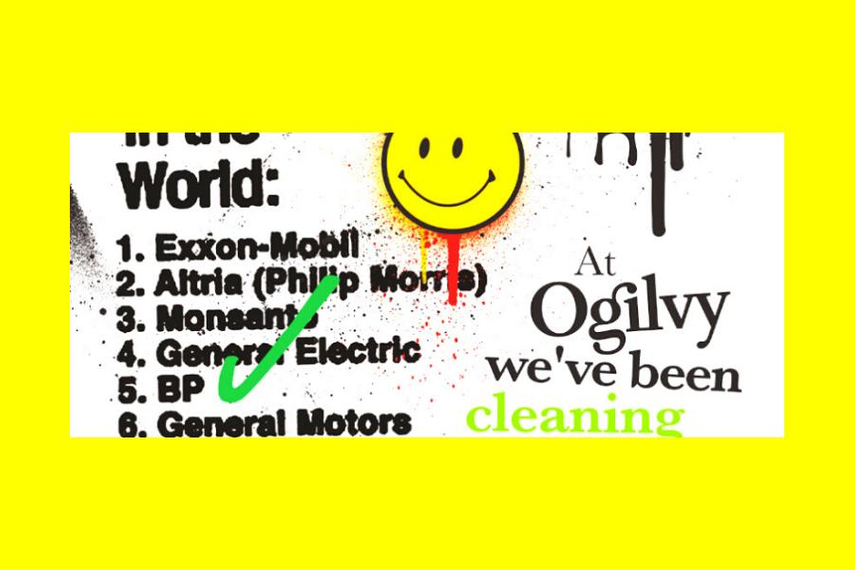
Please sign in or register
Existing users sign in here
Having trouble signing in?
Contact Customer Support at
[email protected]
or call+91 022 69047500
With COP26 under way, 'subvertising' activist groups have been targeting ad agencies, condemning them for escaping scrutiny for their role in destroying the environment. The problem isn't black or white, so how should agencies work with their polluting clients?

Contact Customer Support at
[email protected]
or call+91 022 69047500
Top news, insights and analysis every weekday
Sign up for Campaign Bulletins
From gait scans to geo-targeted ads, the sporting goods group laces together tech, retail, and events to chase India’s growing base of runners.
Even as overall dealmaking declines, certain sectors such as ecommerce continue to be a major draw.
India sees 163% revenue growth from contextual marketing campaigns in 2024, according to WebEngage trends report.
The loss was fuelled by $203 million in costs for 'strategic restructuring actions'.